
In another excellent piece of investigative reporting by The Hill’s John Solomon, another wrinkle emerges in the labyrinthine tale of the Russia collusion hoax and investigation. This time it concerns the ever-growing list of Ukrainian individuals who may have been working for Russian-aligned interests and were definitely responsible for the fall of one Paul Manafort. This time, however, Solomon reveals at least one of those players is under investigation for corruption and possibly was rewarded by a Russian individual for the role he played in releasing the “black ledger files” which landed Manafort in jail and led to a conviction in Ukraine over meddling in the 2016 U.S. election.
To back up a bit and frame the newest report: Serhiy Leshchenko — “a crusading anti-corruption member of Ukraine’s parliament and former investigative journalist,” as Solomon calls him — was convicted along with the head of the country’s National Anti-Corruption Bureau (NABU) (the Ukraine’s FBI) last December of meddling the 2016 U.S. election by orchestrating the release of the “black ledger files” that showed secret payments to Manafort from a Russian-aligned political party. Those files led to the resignation of Paul Manafort and ultimately landed him in prison, where he now sits. Leshchenko was also identified as a source of Russian “dirt” given to Hillary Clinton’s opposition research firm, Fusion GPS, in Nellie Ohr’s sworn testimony to Congress.
Now, Solomon reports, around the same time as the release of the black ledger files, Leshchenko may have received bribes from a “Russian source” and an expensive condo he couldn’t afford on his own from a Russian businessman.
But the most tantalizing information about Leshchenko surfaced in my interview Thursday with Ukraine’s chief anti-corruption prosecutor, Nazar Kholodnytskyy, who revealed that the alleged bribes to the parliamentarian and the condo purchase occurred around the time that Manafort stepped down under pressure based on Leshchenko’s leak.
“Absolutely that is one of the things they are going to be investigating,” Kholodnytskyy told me when asked whether any of the Russian money could have been paid as an inducement or a reward for Leshchenko’s meddling in the U.S. election.
The special prosecutor said “credible” information obtained from news media reports, as well as classified information the government possesses, suggest Leshchenko was receiving money from a Russian businessman and was trying to buy the condo in August and September 2016.
“One of the major pieces of evidence in the case, looking at his tax returns and financial records, he [Leshchenko] does not appear to have the resources to buy an apartment of that value,” Kholodnytskyy said.
…
“According to information published in the mass media, a member of the parliament systematically received millions in bribes from an entrepreneur to lobby for the latter’s business interests, specifically to influence officials of government agencies and law enforcement agencies and create the necessary public opinion in the media space,” the special anti-corruption prosecutor’s office led by Kholodnytskyy declared.
Even more interesting, Solomon’s reporting cites Ukrainian officials who say the U.S. embassy during Obama’s tenure applied pressure to move investigations away from Leshchenko.
“A source with direct knowledge said Leshchenko was one of the people the U.S. ambassador in Kiev asked Ukrainian prosecutors not to pursue in 2016,” Solomon writes. “Whatever happens next in Ukraine, there’s growing evidence that Leshchenko and his activities during the 2016 election in America may deserve scrutiny on this side of the ocean, too.”









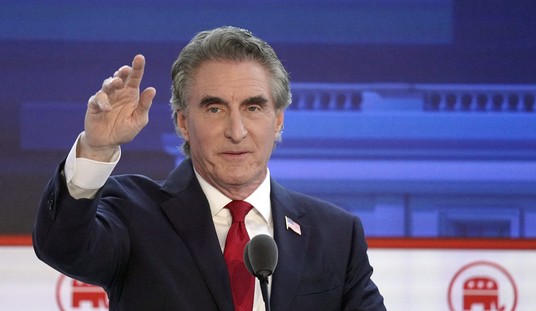
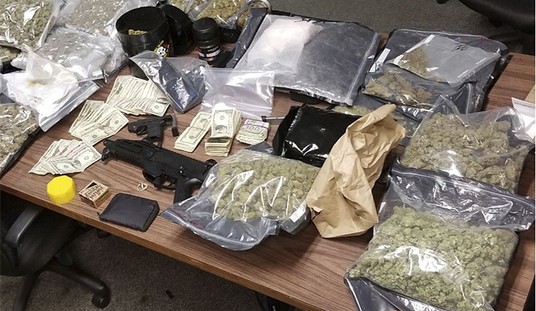
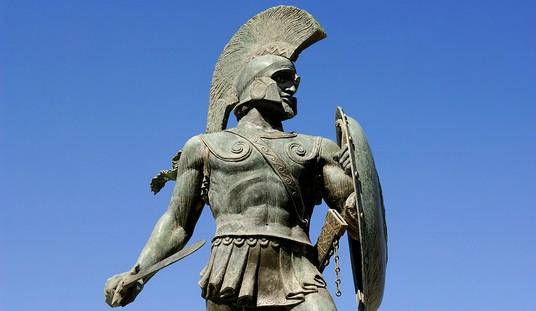
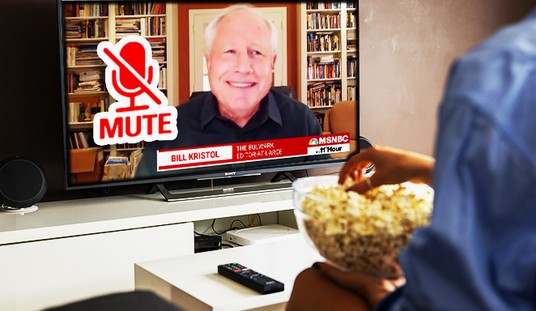
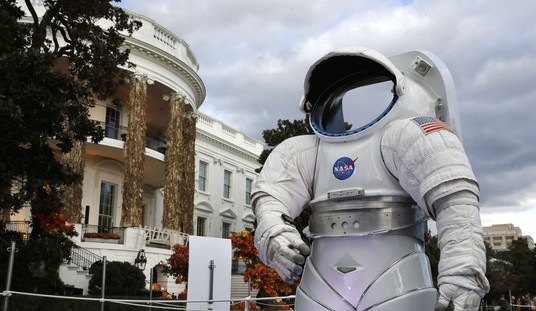
Join the conversation as a VIP Member